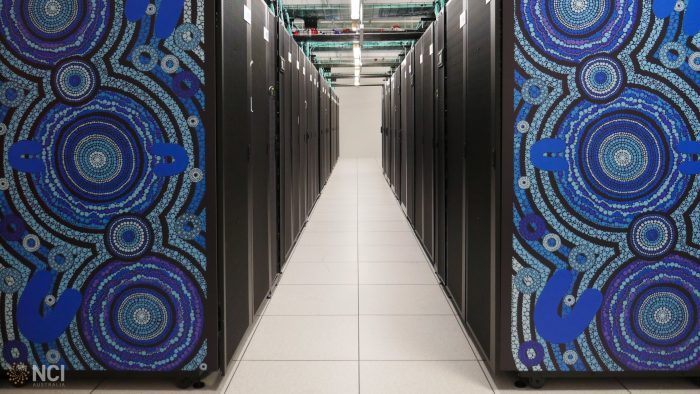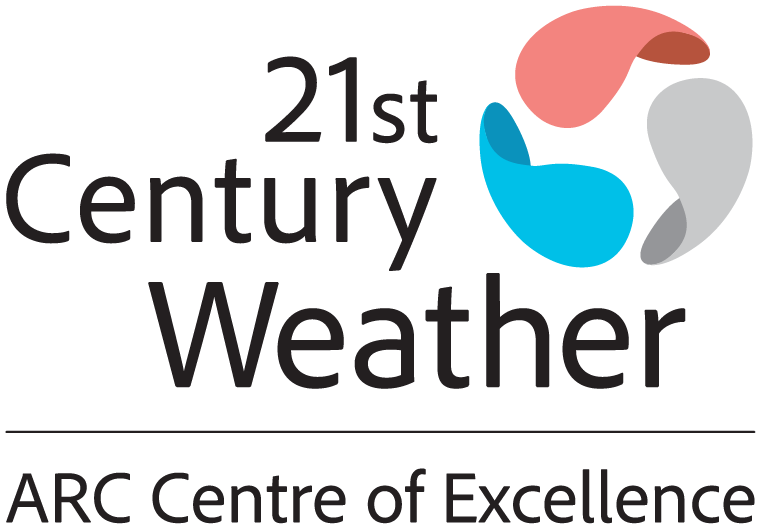
Our Research
Guided by the wide-ranging expertise and need for climate information among our partners, we co-design research projects with direct outcomes of relevance to our partners and the Australian community.
The outcomes of our Centre are firmly focused on Australia. However, our research, like the climate system, is global. The Centre’s unique and transformational approaches will provide Australian leadership in the international weather and climate science communities.
We will build a firm understanding of the past, present and future of our nation’s weather resources via a research centre with deep industry and government partnerships, one that integrates advances in meteorology, oceanography, data science, machine learning and high-performance computing. This will provide Australian businesses with a competitive advantage and enable governments at all levels to make communities resilient to weather change.
Our research is designed around six team-based Centre Projects, each with interconnected activities that cross traditional institutional and disciplinary boundaries.
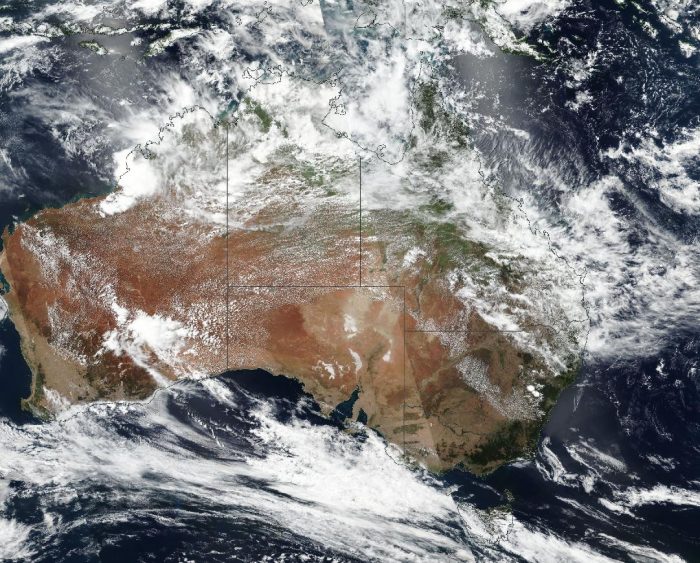
Weather System Dynamics
Weather systems are the building blocks of our weather and climate.
This project aims to develop and apply innovative ways to identify and characterise weather systems, evaluate their representation in models, and assess mechanisms that underpin their potential changes in a warmer climate.
Climate Variability & Weather Systems
Australia’s weather is strongly affected by large-scale modes of climate variability such as the El Niño-Southern Oscillation (ENSO), Indian Ocean Dipole (IOD) and Southern Annular Mode (SAM).
This project will seek to identify the mechanisms linking modes of climate variability to weather regimes.
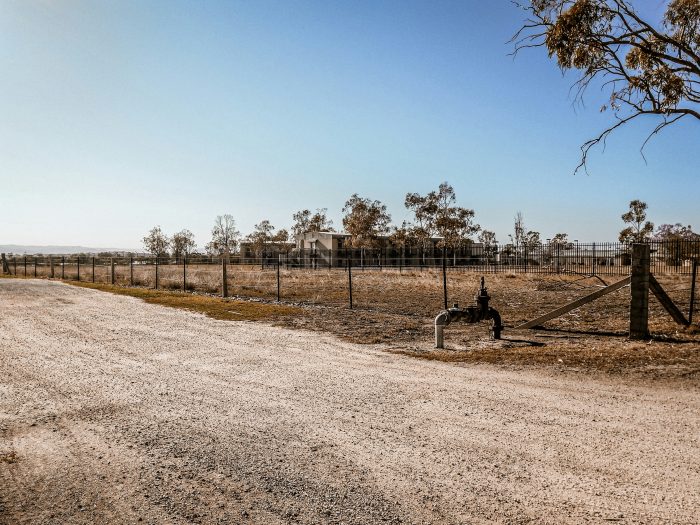
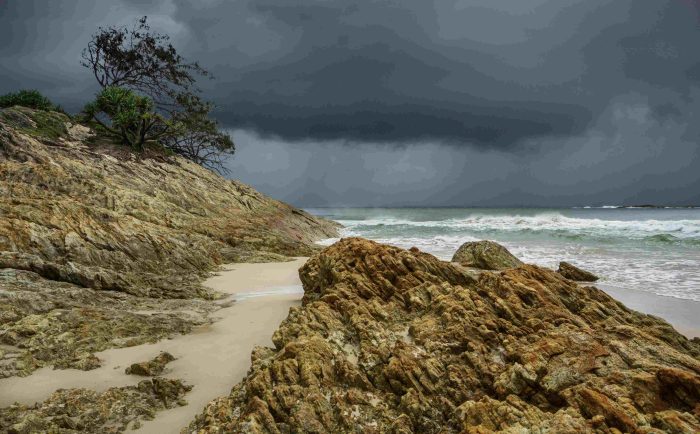
Weather Systems in a Warmer World
As the Earth System warms, the circulation of the oceans and atmosphere will change, and so too will the weather systems they interact with.
This project will consider the interplay of weather systems and global warming processes to identify the mechanisms that underpin weather system change, providing a solid foundation for estimates of their future behaviour.
Weather Resources
Weather provides significant opportunities and resources for society and our transition towards lower carbon emissions. The Weather Resources project will seek to identify, map and quantify weather resources across the continent.
A strong focus of this project will be on translating weather resource information into useful tools and knowledge for government and industry to improve scientifically informed decision making.
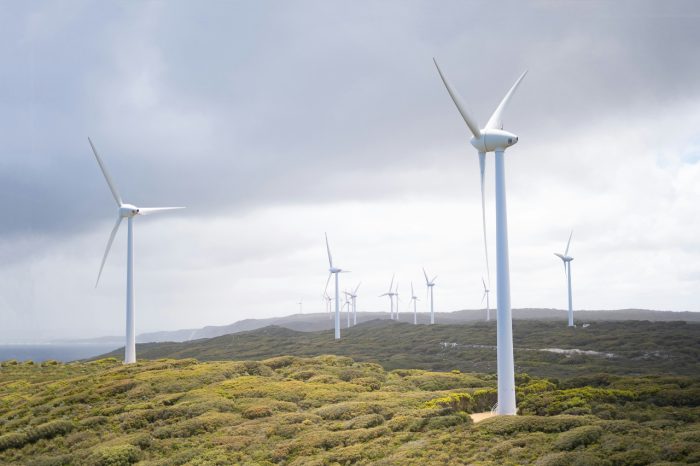
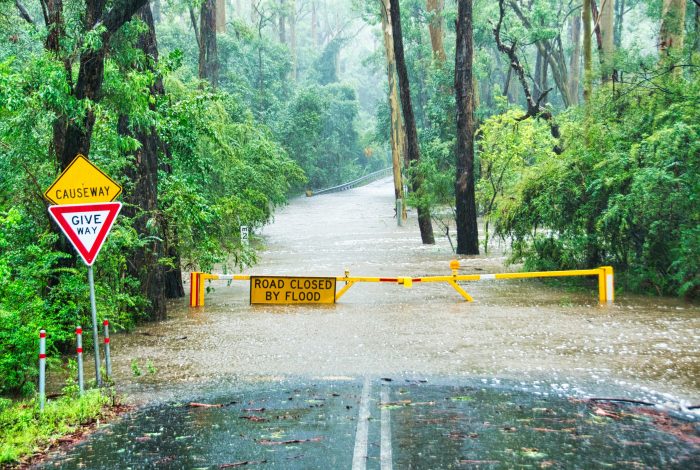
High-Impact Weather
This project aims to understand weather risks to key resources in a changing and variable climate.
To do this we will explore the effect of diverse plausible changes in climate variability to determine the distribution of future possible weather states and associated weather risk profile.
Modelling Science
Improving the models we work with is fundamental to improving our ability to predict and understand future weather change.
We are building a team of model developers with expertise in ocean, land, and atmospheric modelling. The team will provide foundational expertise on the model components and the coupled system to all other projects.
